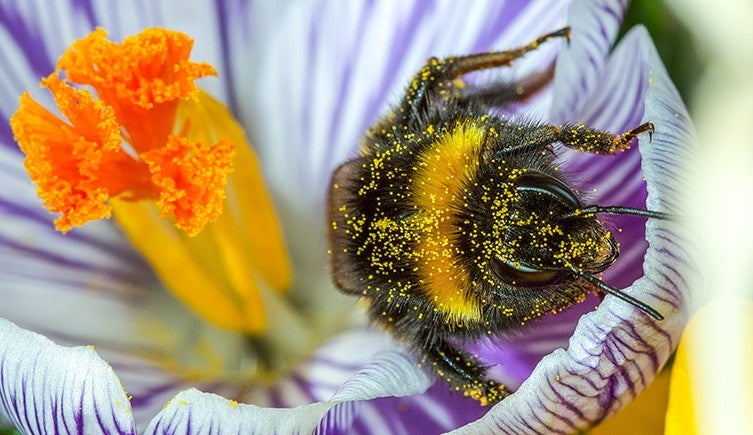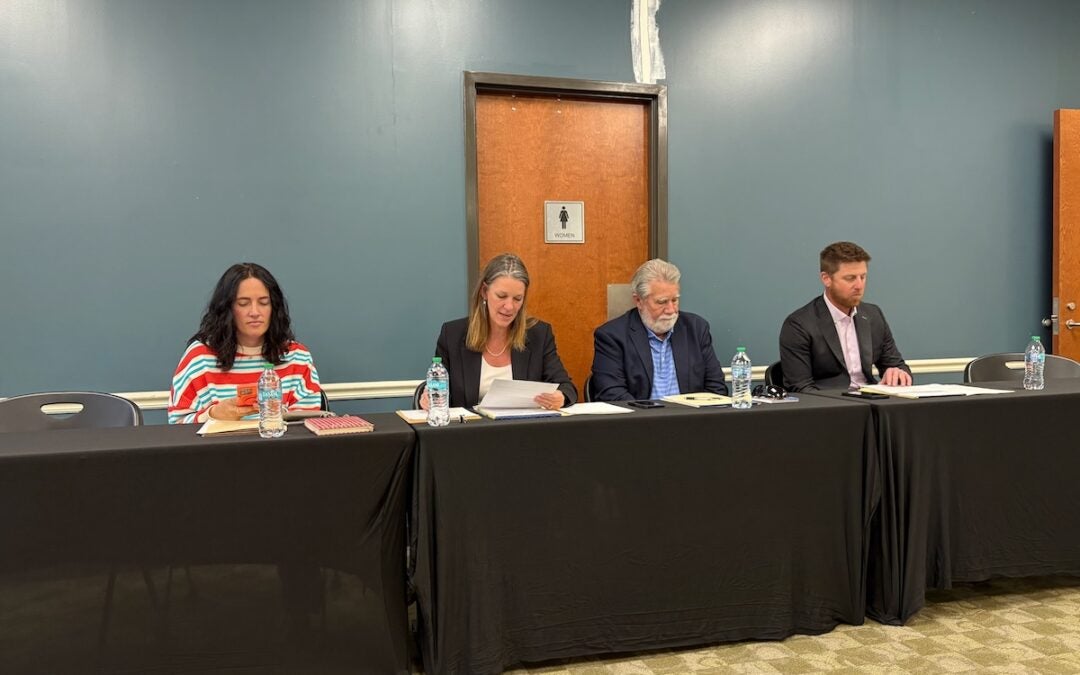While the Hollywood set continues to hop aboard private jets to fly overseas and preach about people transitioning to electric cars and reducing “carbon footprints,” real experts say that the decline in pollinating insects is the true environmental challenge.
Monarch butterflies, bumble bees, honey bees, hover flies, solitary bees, wasps and beetles are all in decline around the world, according to the National Park Service.
UGA Richmond County Extension Agent Campbell Vaughn says that the dwindling numbers are a cause for concern.
“About 60% of everything that humans eat comes from pollinators,” Vaughn said.

Pollinators adapt to the nectar of specific plants, according to the Natural History Museum, and as they move from plant to plant, pollen sticks to their bodies and is transported over to fertilize the plants causing them to produce fruit, vegetables and seeds.
While some plant species do release pollen into the air, hence the yellowed cars in the spring, the study by the Natural History museum found that 25 species of pollinators love the nectar from apple blossoms, and their interaction with the plant causes the blossoms to make three times more fruit than control trees.
According to Vaughn, loss of habitat and insecticides are the two main reasons for the decline.
Paved surfaces and thick lawn turf make it difficult to impossible for insects to burrow and lay eggs. Also, replacing native flowering plants with non-native species makes it difficult for native insects to feed.
Other species need layers of leaf matter to thrive.
Vaughn says that people can be creative in designing their lawn landscapes to include milkweed and other plants that attract pollinators.
The issue with insecticides is a far greater problem, according to Savannah Riverkeeper Tonya Bonitatibus, noting that efforts to eradicate swarms of mosquitoes may be necessary for public health, but it has tremendous effects on the overall environment.
“If your program is to kill bugs, then it is going to kill all the bugs,” Bonitatibus said.
Trucks spraying for mosquitoes and large agricultural farms release tons of chemicals into the atmosphere and soil where they eventually make it into waterways and threaten fish and other wildlife.
“We as a society will not go to the grocery store and buy an apple that isn’t perfect, and so we have attempted to achieve domination over the environment rather than working with nature,” Bonitatibus said.
For the local hobby farmer or gardener, there are products such as Sevin Dust that are less harmful, according to Vaughn, and there are also plants such as lavender, garlic, rosemary and Chrysanthemums that naturally ward off unwanted varmint insects but have no little to no effect on the beneficial critters.
“Always check the labels on any pesticide or insecticide you intend to purchase, the labels are pretty good about describing what is in it and how to use it,” Vaughn said.
According to Bonitatibus, everyone can do a small part to help by making their personal property more eco-friendly. Humans as a species need to act in a more symbiotic manner to slow the decline of pollinators; because, after all, without them, there would be no vegetables.
“We need to take a holistic approach when it comes to interacting with nature,” Bonitatibus said.











